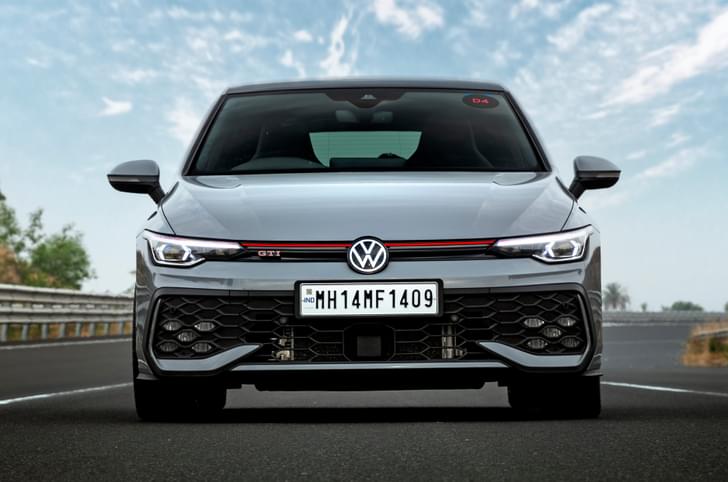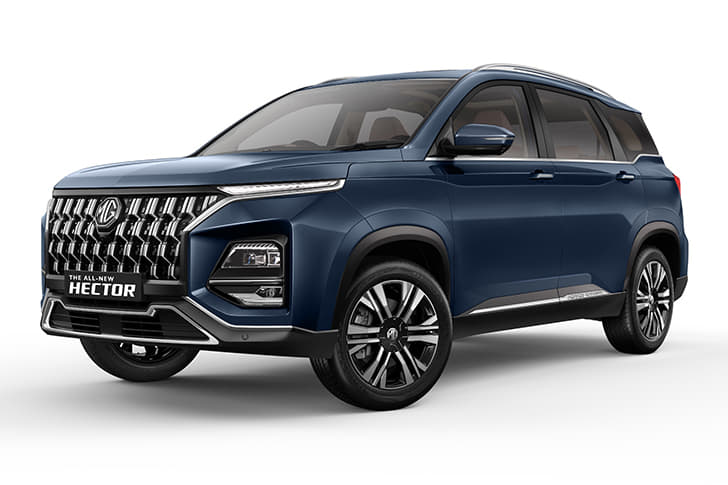Volkswagen Polo production in India will soon come to an end after 12 years. The premium hatchback has been produced at VW’s plant in Chakan, Maharashtra since 2009 and was the brand’s first locally produced model. It made its official India debut at Auto Expo 2010 and went on sale in February that year. The premium hatchback is by far VW’s bestselling model in India, with over 2.5 lakh units sold.
- No replacement for Polo planned as of now
- Gen 5 Polo replaced by Gen 6 model globally in 2018
- VW India to focus on India 2.0 models like Taigun and Virtus
So, why is VW Polo production ending? The simple answer is, of course, its age and dwindling sales, but in the larger scheme of things, it is a matter of streamlining production. With the upcoming launch of the VW New Global Sedan, tipped to be called the Virtus, production of the VW Vento sedan that it will replace will also be ending.
The Vento and Polo are the only remaining models to use the brand’s old PQ platform, and keeping a production line alive for just a single model (which sells roughly 1,000 units a month) simply isn’t viable. This production capacity will likely be transferred to the Taigun and the new sedan.
12 years of the Volkswagen Polo in India
Though replaced by an all-new sixth-generation model globally in 2018, the fifth-gen Polo has soldiered on in India for over a decade. Across its 12 years, it has been given several small updates to help keep it relevant, and has been powered by as many as 10 different engines across its lifespan. What never changed was its appeal to Indian buyers as a distinctly European-feeling premium hatchback with a tough build and superb interior quality.
March 2010 – The Polo makes its debut with a 1.2-litre naturally aspirated petrol engine and a 1.2-litre turbo diesel engine. Neither engine is particularly strong, but the package on the whole has a lot of promise in the growing premium hatchback market in India.
September 2010 – To provide a bit of extra oomph for enthusiasts, a 1.6-litre naturally aspirated engine is added to the range. Though heavier in the nose, the manual gearbox ensured it was a fun driving experience.
April 2013 – The 1.6 petrol is replaced by a high-tech, direct-injection 1.2-litre turbo-petrol engine with as much power but more torque, and a quick-shifting dual-clutch auto gearbox. The letters ‘GT TSI’ are indelibly etched into the minds of petrolheads in India, and it remains one of the most popular variants to this day.
September 2013 – The Vento’s 1.6 TDI diesel engine is shoehorned under the Polo’s bonnet along with a GT TDI badge on the tailgate and a manual gearbox. Though it didn’t find the same success as the GT TSI, its strong low-end torque delivery had an appeal of its own.
July 2014 – Both the 1.2 and 1.6 TDI diesel engines are replaced by a new-generation 1.5 TDI with two outputs – 90hp and 105hp. The former filled the standard model ranks, while the latter powered the new GT TDI.
November 2016 – The fabled GTI badge comes to India in the form of a three-door Polo hatch with a 192hp 1.8 TSI turbo-petrol engine. Sold in limited numbers, this CBU-imported high-performance model cost Rs 25.99 lakh at launch – three times that of the standard hatchback.
March 2020 – Strict BS6 emissions norms see the entire VW Group ditch its TDI diesel engines in India. With the brand’s old petrol engines also unable to meet the norms, they too were replaced with a new three-cylinder 1.0-litre engine, in naturally aspirated (MPI) and turbocharged (TSI) forms. The TSI engine was also added to lower variants, not just the GT TSI, and a new torque-converter auto replaced the dual-clutch from before.
What will replace the Volkswagen Polo in India?
Volkswagen is currently focusing on its new made-for-India MQB-A0-IN-based products that are heavily localised, namely the Taigun SUV and the upcoming ‘new global sedan’ (Virtus). The brand sells the new sixth-gen Polo on a similar platform in emerging markets like Brazil, and VW India brand director Ashish Gupta has hinted that they are ‘evaluating’ it.
He did suggest, however, that it would require some re-engineering to bring it under the four-metre length cutoff for tax benefits, but that it could be possible with the MQB-A0-IN platform. Should this plan come to fruition, though, it would be a few years away, and the short-term priority for VW India is the success of the Taigun and Virtus, which are expected to make up the bulk of the brand’s sales.
Do you think VW should have kept the Polo going a little longer, or was the end of production long overdue? Tell us in the Comments section below.



























